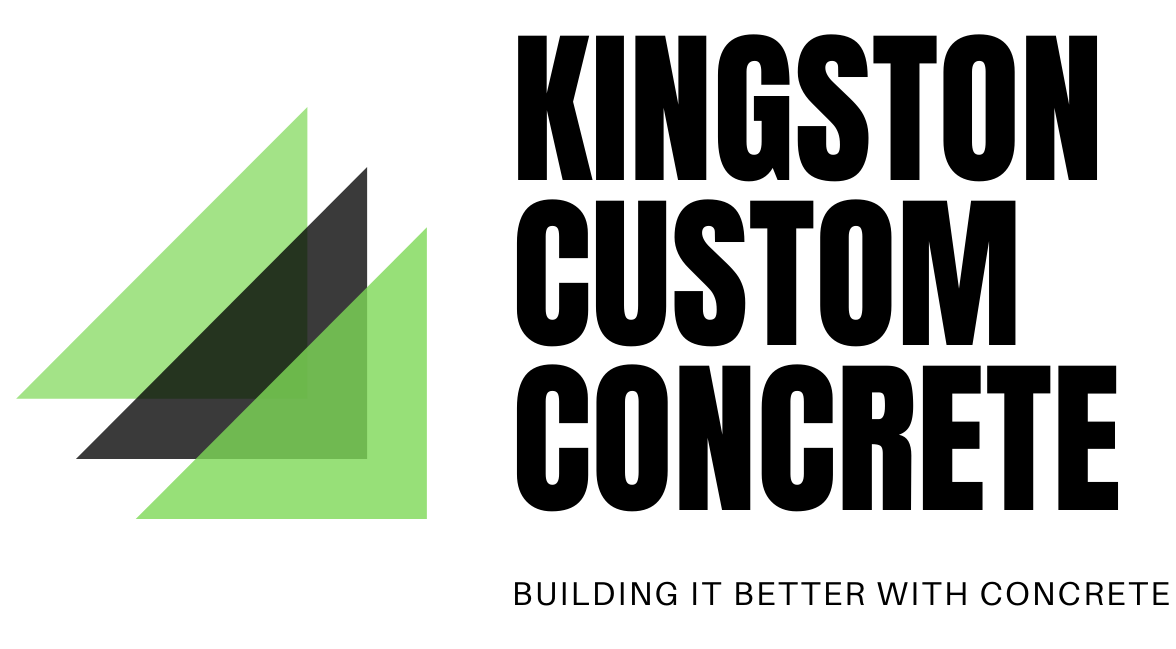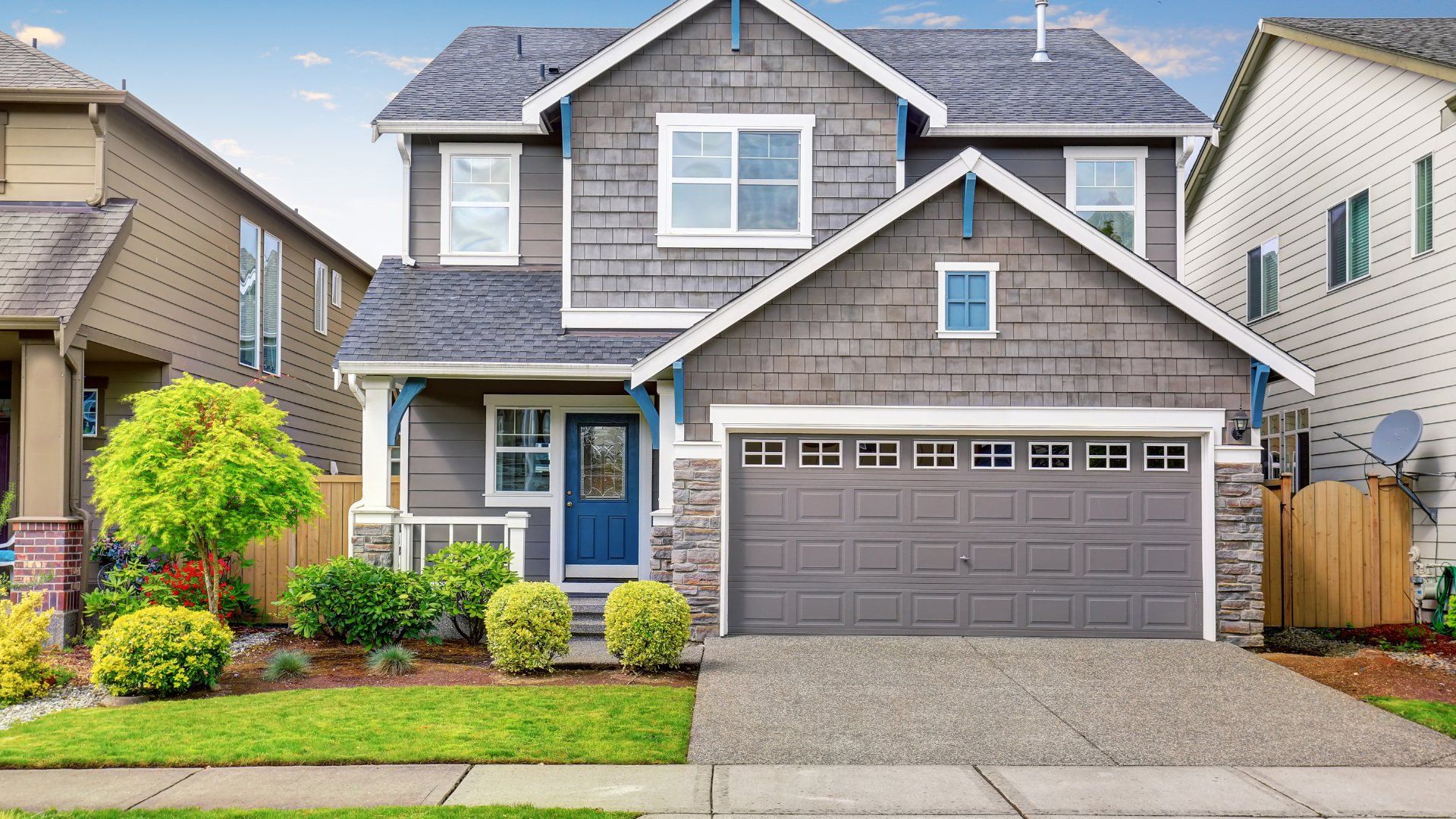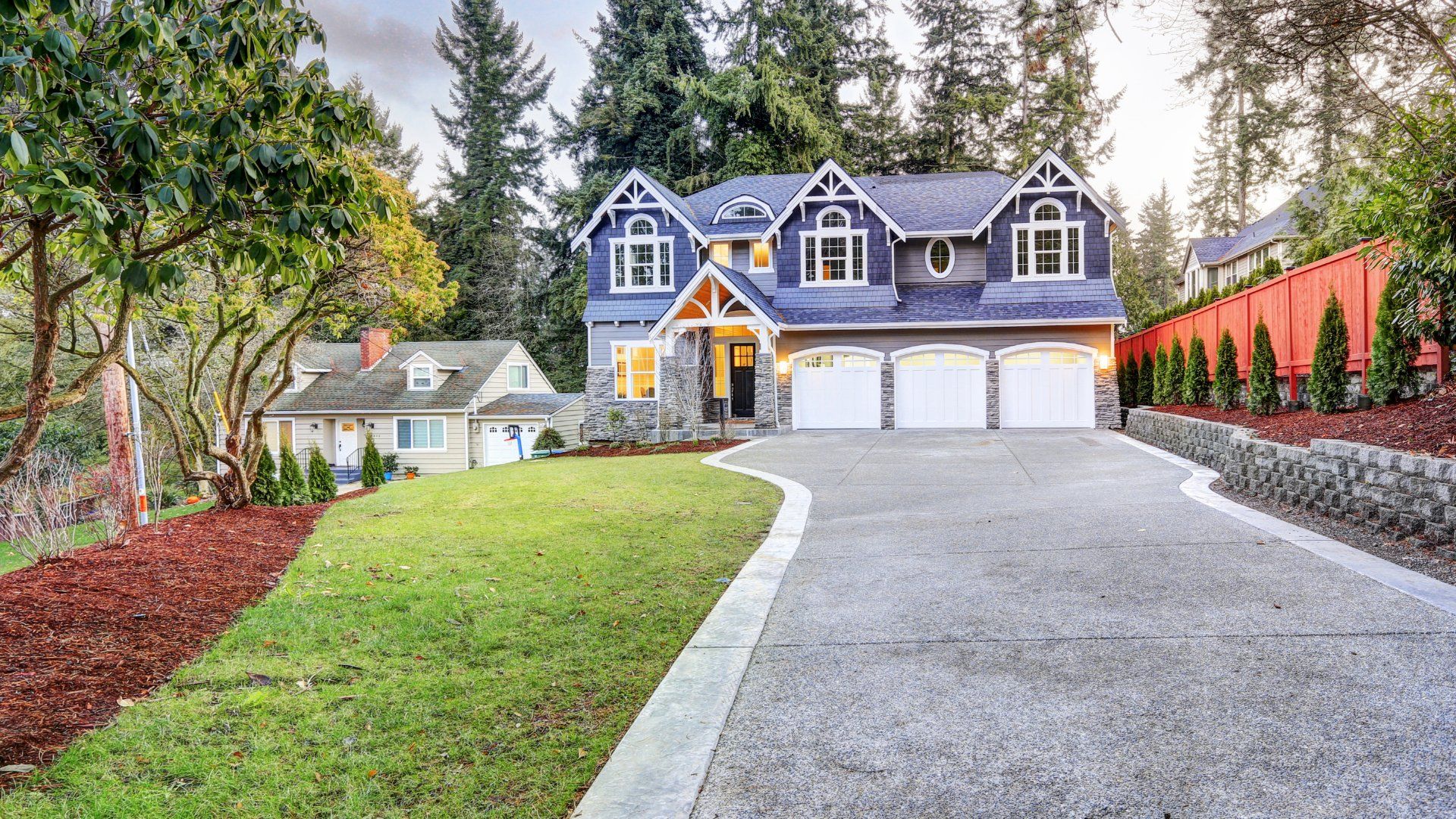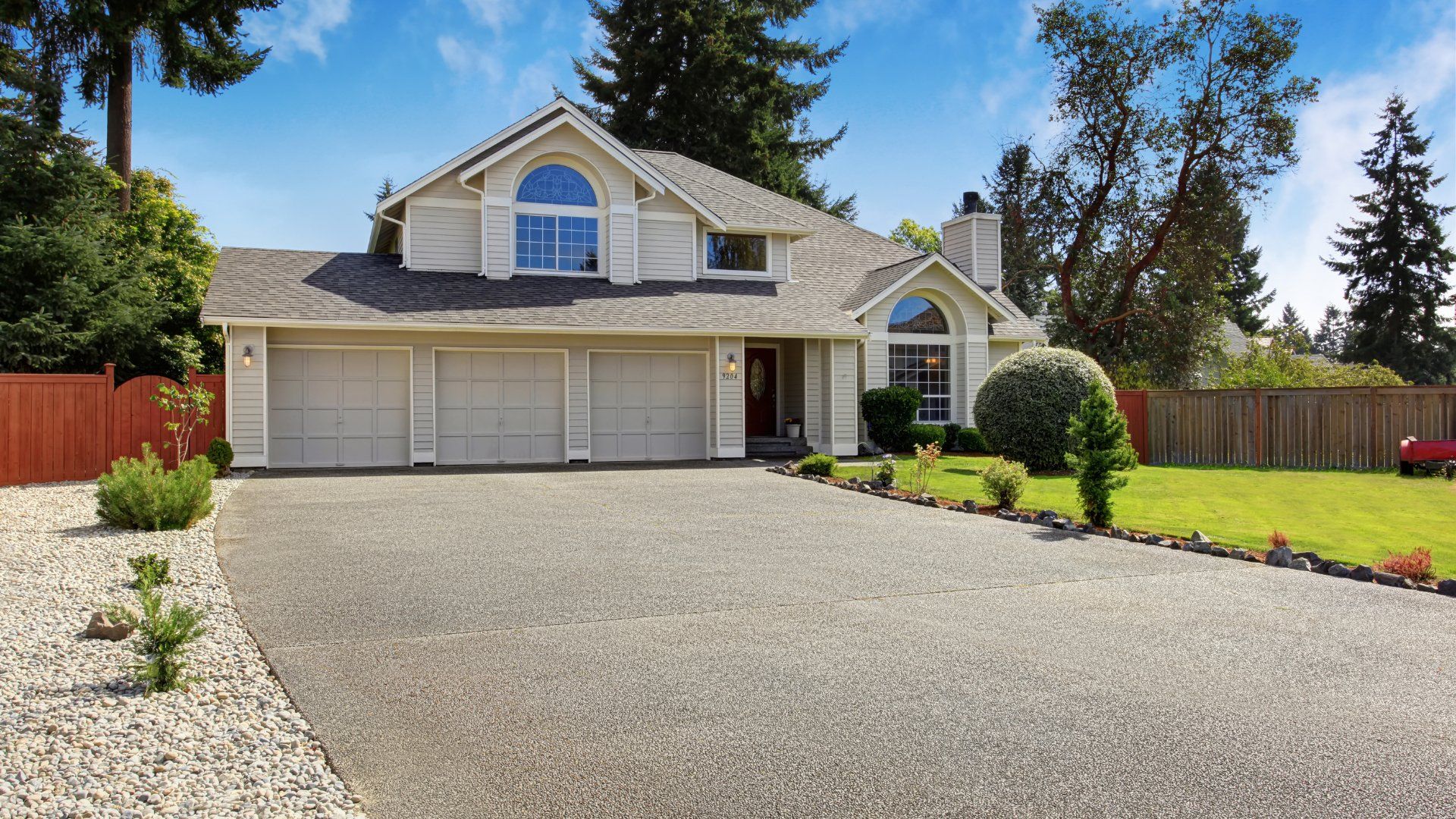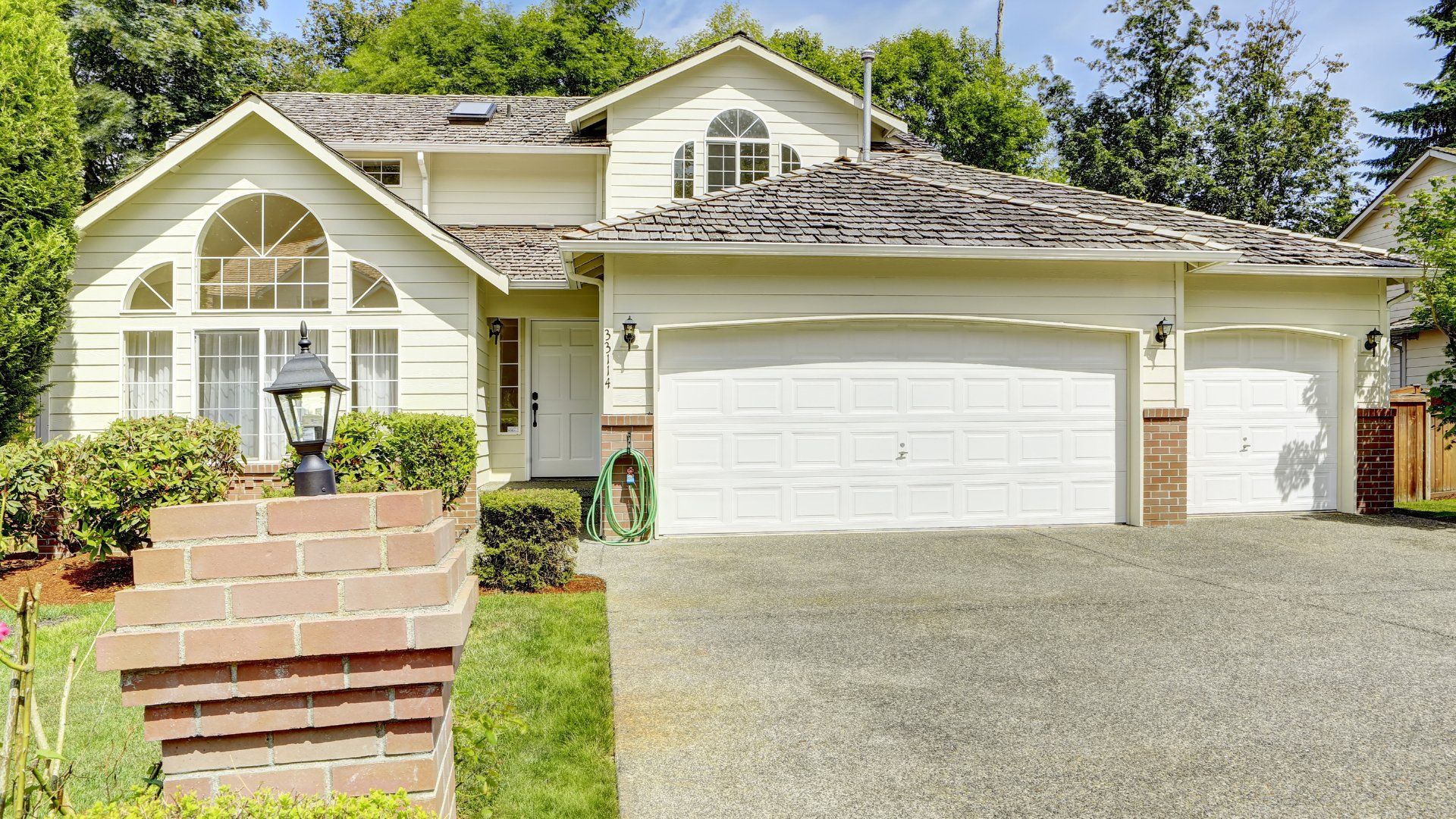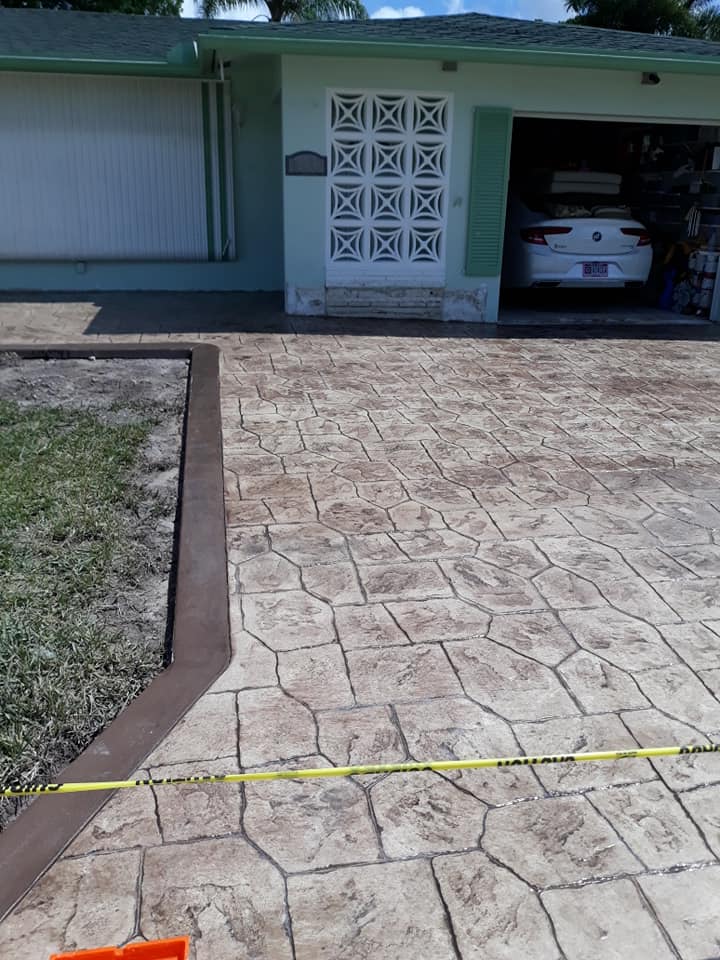Concrete is a great material for your driveway. Not only does it look amazing and lasts much longer than other materials, but concrete also has some awesome benefits that make this decision even more enticing. For one thing you can get rid of all those pesky cracks in between coats with just ONE coat. That means saving money by skipping layers until we reach our desired finish or design.
There are plenty of ways to liven up your concrete. We've got paint, stamps and more!
Pros and Cons of Having a Concrete Driveway:
Concrete as a Building Material:
Of course you know that concrete is made up of many different ingredients, but did you also realize just what "cement" means? Concrete can be mistakenly thought to have cement as its only component when in reality it refers only the powdery part which contains limestone and clay. We all know that there are many other ingredients involved with producing this composite material-stones make up aggregate which get mixed together to create an incredible mixture.
So what is concrete and how does it work? It's a common misconception that all concretes are made the same way. In fact, there’s actually more than one type of cement used in making your driveway or sidewalk. Building driveways with gravel-sized aggregates will give you rougher surfaces while smoother finishes like flooring can be achieved through use finer sands instead.
The driveway is a major investment that should be planned carefully. For typical construction, you would use gravel-sized aggregates such as pebbles but for finer work and smoother finished surfaces new methods include using fine sand instead like silica particles which are more expensive than regular sand due to their ability to make wet cement set faster.
Concrete is a versatile building material that can be poured into any shape and will continue to harden for months. Though curing only needs about three days, some construction projects might need more time before the concrete becomes solidified.
Improving the strength and slowing down drying time is just one way that concrete can be made more durable. In many applications, metal wires or rebar will be added to strengthen it even further before being applied on top for maximum durability.
Installation
Homeowners like you are sometimes intimidated by the idea of pouring a concrete driveway themselves. The process is simple, but there's room for error and if one mistake occurs it can render your hard work useless as well; not something anyone wants. We'll remove any dirt from around your foundation, set up forms so they're ready for pouring before we start inching toward its completion--and finally add that extra layer of concrete over everything else.
Concrete driveways require a sturdy foundation. First, you need to make sure that there is no grass or other vegetation on your property and stable soil for the base of your driveway. The best way to install a driveway is by setting up the wood forms around where your new parking space will be and then adding in some strong gravel as reinforcement. You can go with either steel wire grid or metal rebar for this type of installation, both being very durable materials that won't give under pressure from cars driving on them.
The concrete pour is a complicated process that takes place over many hours. It involves the crew of people working quickly to fill forms with wet cement as it's delivered from an on-site mixer, and then finishing up that surface by leveling off any wrinkles or imperfections in between coats of finish material for better durability; however there needs be enough expansion joints present so this settling doesn't cause problems later down line when things start getting tight at either end due to natural conditions.
The finishing crew use a variety of tools to work the surface through capillary action by drawing cement and finer particles up towards their tops until they create an attractive texture. The floater is a person who uses liquid solution on the slabs in order to make them smoother. This process must be done carefully because if too much is applied then it will weaken your slab; but not enough means that when you look at its finished product, it may look messy.
Curing is an important part of installing a concrete driveway. The material does not dry out; instead, it goes through chemical processes that strengthen and harden the surface under normal conditions for adequate protection against wear-and tear by traffic over time.
It’s a good idea to wait at least one week before driving on your new driveway and make sure you do not park heavy vehicles there for about a month after installation.
Maintenance
It's a good idea to keep your driveway clean and sealed. A regular scrubbing with hose water will usually handle the cleaning while sealer can protect it from weather damage for years by adding an extra layer of protection that is applied in fall when temperatures are lower than they would be during other times throughout winter or summer months - this way you'll always have fresh concrete. With just a few simple steps, you can ensure that road salt and harsh winter weather won't have any effect on the quality of paving years from now.
Longevity and Cost
The average concrete driveway lasts 25-50 years, but it all depends on how well built and maintained your particular project is. Installing a driveway is great investment for your property. The average cost to install 16 x 38 sq ft of concrete made by professionals will be about $7300, but you could end up paying more than that if there's been any demolition or staining involved in your prior slab installation before us.
